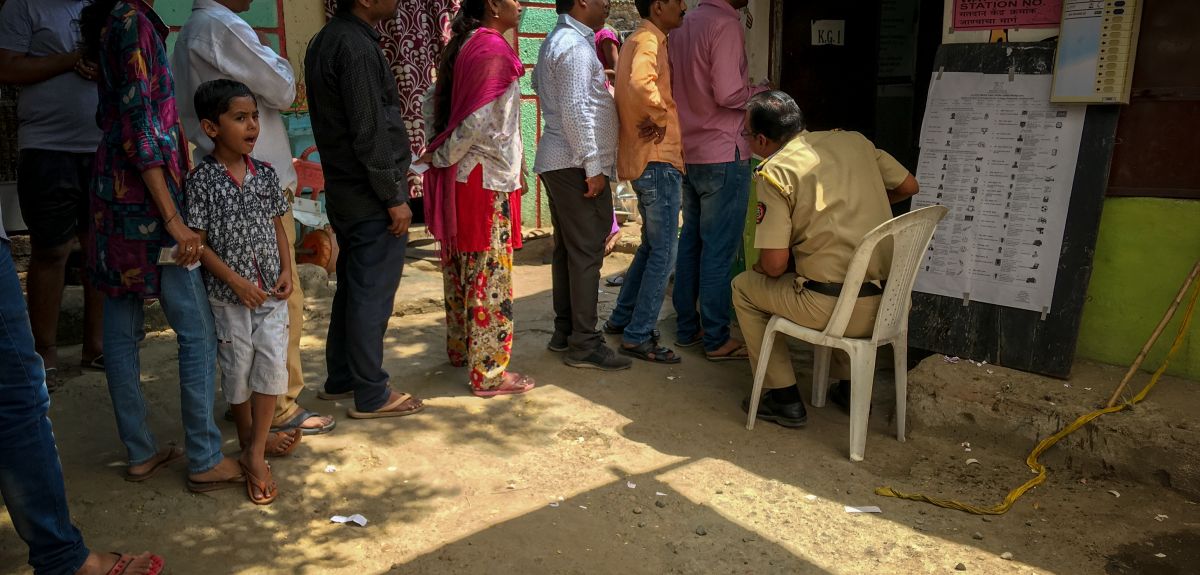
Image credit: Shutterstock
Junk news and misinformation prevalent in Indian election campaign
Data from public WhatsApp and Facebook messages shows large volumes of “junk news” being shared on social media channels by supporters of India’s main political parties.
Researchers at the Oxford Internet Institute, University of Oxford, have uncovered disturbing trends as India, the world’s largest democracy, goes to the polls. This comes in the wake of recent surveys on digital news in India showing news consumption on online platforms and specifically on social media has outstripped traditional print media.
A study of news and information circulating on Facebook and WhatsApp in the two months preceding the election found that over a quarter (28%) of all news links shared on pro-Bharatiya Janata Party’s (BJP) Facebook pages were classed as “junk news and information”. The figure for the Indian National Congress (INC) was 21%.
Over a third of visual content (predominantly images) shared in BJP WhatsApp groups (34.5%) was classed as “divisive and conspirational”, with the figure at 28.5% for the INC. Volumes of “hate, gore and porn” shared around the campaign overall was however found to be low.
The study analysed over 130 public Facebook pages and 116 public WhatsApp groups sharing an affinity with key political parties in India, the BJP, INC and the SP & BSP (Samawjadi Party and Bahujan Samaj Party).
Dr Vidya Narayanan, postdoctoral researcher at the Oxford Internet Institute, University of Oxford said: “Our study, using significant volumes of data from Facebook and WhatsApp, shows junk news and misinformation has been widespread in the Indian election campaign. Even if this content has not been generated by party workers themselves, the material has been widely shared by party supporters on social media.
“While it is difficult to say how much this will influence the outcome of the 2019 Indian elections, it is clear that with many Indian people moving away from traditional print media to online sources, there are huge questions around the influence of technology and social media platforms in modern day democracy.”
Also released today is a new “cyber-troop profile” of India, outlining the role of government and political party actors tasked with manipulating public opinion online in the lead up to the 2019 Indian elections.
 Oxford launches first human aerosol TB challenge trial
Oxford launches first human aerosol TB challenge trial
 Rees Centre report reveals challenges faced by Black and Asian kinship carers
Rees Centre report reveals challenges faced by Black and Asian kinship carers
 Expert Comment: The Modern Slavery Act at 10 – what have we learnt for human rights?
Expert Comment: The Modern Slavery Act at 10 – what have we learnt for human rights?